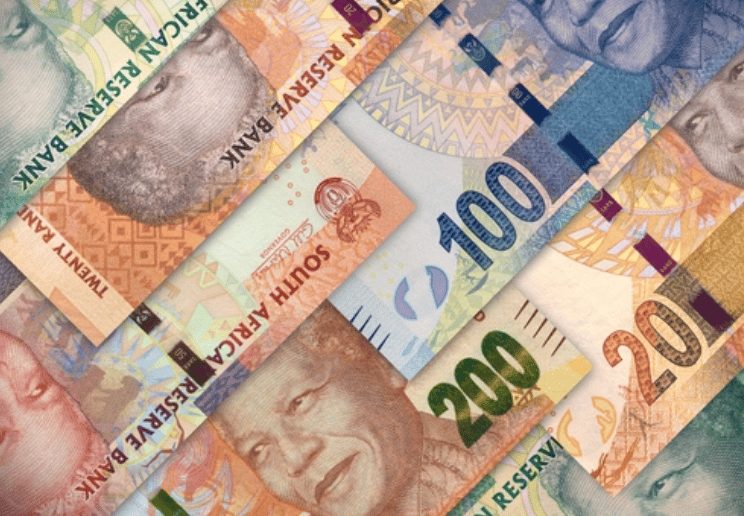Source: Roelof Botha, Business Maverick, 8 December 2020, photo credit: InvestingCube
November was a really bad month for the US dollar, which depreciated notably against the Euro, the Australian dollar and virtually all emerging market currencies (Argentina being an exception).
For the second month running, the South African rand was among the best performers for emerging market currencies, strengthening by 7% against the greenback. The Brazilian real came in first, with an appreciation of almost 8%. Since its low early in April, the rand has gained 25% against the US dollar and has clearly shaken off any effects relating to sovereign credit downgrades (in the same fashion as Brazil when it was also downgraded to sub-investment status at the end of 2015).
Despite concerns over South Africa’s rising public debt, it should remain below parity to GDP until a fiscal consolidation strategy starts paying off in a couple of years’ time. Fiscal challenges are not unique to South Africa, with a host of countries experiencing the negative effects of declining tax revenues due to the pandemic.
Prospects for greater geopolitical stability in the wake of Joe Biden’s election victory in the US, combined with an element of capital market euphoria over three different successful Covid-19 vaccine trials, created a strong risk-on sentiment in November. As a result, global investors started to switch off their preference for so-called safe haven assets and flocked back to higher-yielding bonds and equities in emerging markets.
Read more
The South African Pork Producers’ Organisation (SAPPO) coordinates industry interventions and collaboratively manages risks in the value chain to enable the sustainability and profitability of pork producers in South Africa.
















